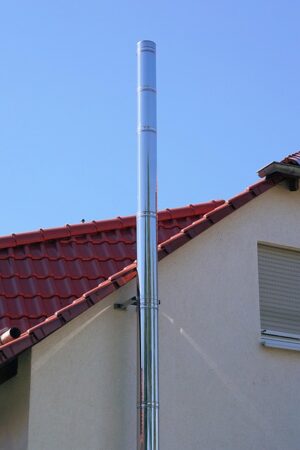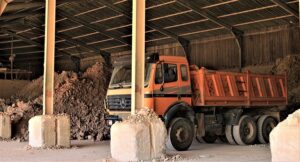Electric tankless water heaters require careful consideration to combat corrosion and ensure longevity. Stainless steel is a preferred material for its durability and resistance to mineral buildup, offering energy-efficient, continuous hot water. Proper installation, ventilation, and regular cleaning prevent condensation and rust. Maintenance practices include periodic flushing with vinegar solutions and debris removal to extend the heater's lifespan, ensuring reliable performance.
“Discover the secret to maintaining a reliable electric tankless water heater—stainless steel and its corrosion-resisting properties. This powerful, compact heating system is a popular choice for modern homes, but understanding and mitigating corrosion is key to ensuring its longevity.
In this guide, we’ll explore common corrosion issues in electric tankless heaters and why stainless steel construction offers superior protection. Learn practical maintenance tips to prevent corrosion and extend the life of your efficient water heating solution.”
- Understanding Corrosion in Electric Tankless Water Heaters
- Stainless Steel: The Key to Resistance
- Maintenance Tips for Longevity and Prevention
Understanding Corrosion in Electric Tankless Water Heaters

Corrosion is a common issue that can affect electric tankless water heaters over time, impacting their performance and lifespan. Unlike traditional storage water heaters, tankless models operate on-demand, continuously heating water as needed. This efficient on demand heating process eliminates the need for a large storage tank, saving space and reducing energy consumption. However, this very design also exposes internal components to constant hot water flow, which can accelerate corrosion over time.
The primary cause of corrosion in these heaters is the interaction between metal surfaces and water chemistry. Hard water, rich in minerals like calcium and magnesium, can create a conductive environment, speeding up the oxidation process. Additionally, improper installation or poor venting can lead to condensation within the heater, further enhancing corrosion. Understanding these factors is crucial when selecting a durable tankless technology solution. Choosing heaters designed with corrosion-resistant materials and incorporating features like proper ventilation and water conditioning systems can significantly extend their service life, ensuring continuous hot water without compromising performance or efficiency.
Stainless Steel: The Key to Resistance

Stainless steel is a material renowned for its durability and resistance to corrosion, making it an ideal choice for electric tankless water heaters. This robust metal forms the core of many modern water heating systems, offering superior performance and longevity compared to traditional storage tanks. By eliminating the need for a large, fixed reservoir, tankless heaters bring about space-saving solutions without compromising on hot water availability.
The benefits extend beyond space efficiency. Stainless steel construction guarantees that your electric tankless water heater can withstand demanding use, providing continuous, on-demand heating with minimal maintenance. This material’s natural resistance to rust and corrosion ensures that the heating element remains protected, leading to energy-efficient instant hot water without worrying about premature system failure or costly repairs.
Maintenance Tips for Longevity and Prevention

Proper maintenance is key to extending the lifespan of your stainless-steel electric tankless water heater and ensuring it continues to provide reliable instant hot water. Regular cleaning and inspection are essential, especially in areas prone to mineral buildup or rust. Preventative measures include flushing the system periodically with a solution of water and vinegar to remove any sediment accumulation. This simple step goes a long way in preserving the integrity of your on-demand heating system.
Additionally, keeping the heater’s surroundings clear of debris and moisture prevents potential damage from leaks or corrosion. When it comes to electric water heating, tankless technology offers numerous benefits, including space-saving designs and energy-efficient performance. By implementing these maintenance tips, you can ensure your stainless-steel electric tankless water heater operates smoothly, providing continuous hot water for years to come while remaining a practical and efficient point of use heater or even a whole house system.
An electric tankless water heater, known for its instant hot water supply, can significantly enhance your home’s comfort. Stainless steel, with its superior corrosion resistance, is a game-changer in this technology. By understanding the corrosion process and implementing regular maintenance, you can ensure these heaters last for years to come. These simple steps, combined with stainless steel’s natural protection, will keep your electric tankless water heater running smoothly, providing reliable hot water without the hassle of tank storage.






